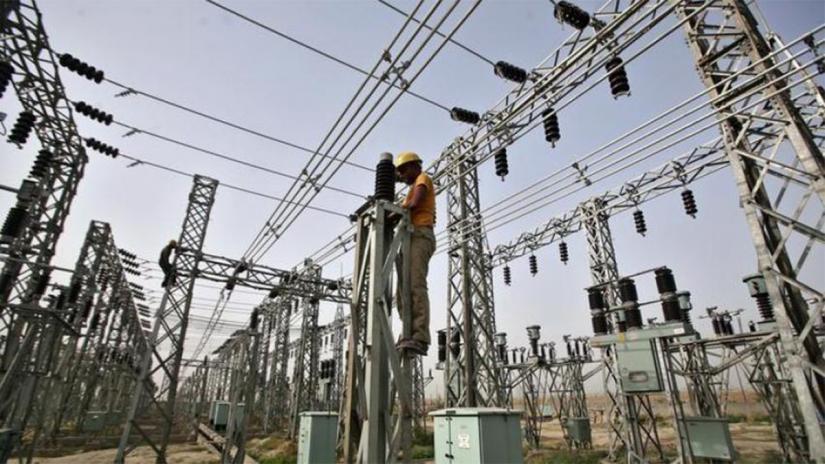 To meet the deficit of power, government plus private initiatives are needed along with dual distribution lines. Power sector specialists say: if these are done then crisis regarding distribution and supply can be tackled and people will get quality power.
To meet the deficit of power, government plus private initiatives are needed along with dual distribution lines. Power sector specialists say: if these are done then crisis regarding distribution and supply can be tackled and people will get quality power.
The improved distribution system has two lines which is called N minus one supply system. If one line is snapped then the other one will start.
Subscribers will not be able to perceive the switch; while the secondary line is running, the affected line will be fixed.
Director of Power Cell, Amjad Hossain, said: “power production has risen but due to lack of distribution lines, subscribers are not getting the benefit; industrial clients want uninterrupted power and to ensure than, two lines need to be established.”
In many countries of the world, power is supplied in the dual feeding system.
Once a dual system is in place, uninterrupted power can be provided.
Relevant people say that Bangladesh needs huge investment to improve power distribution and supply and it will be difficult for the government to arrange it. The government therefore has inspired the private sector.
After the 1996 IPP policy, private sectors have been taking part in power production though the distribution and supply are in the hands of the government.
PDB’s former chairman A S M Alamgir Hossain, says: “since finance is an issue, lines based on BOT (Build on Operate Transfer) can be constricted and Power Grid Corporation of Bangladesh, PGCB, can go into private partnership.”
Area based smart grids can be constructed with underground cables in cities; we now face snapped connections due to storms but with subterranean lines this inconvenience will reduce, he observed.
BUET engineer Professor Dr. Izaz Hossain, said: “investment in distribution and supply is low compared to investment in production.”
Saying that Bangladesh now has enough production capacity, he added: “we must give attention to supply and distribution and for this, more funds need to be allocated in the next budget.”
Energy adviser of CAB, Shamsul Alam, says: “the government’s production is top class but not the distribution and supply system.”
There are 20-25 points in Dhaka through which power is sent to Dhaka though there is no account of how much power is supplied, he lamented.
There are many distribution and supply lines which are not used properly and a study in this regard is essential, he added.






